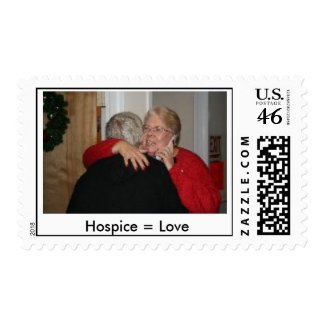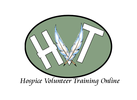Wednesday, January 12, 2011
Can Good Care Produce Bad Health?
Tuesday, January 11, 2011
Ethics: When the Patient and Family Members Disagree | Pallium India
An article by Dr Robert L Fine from Dallas, Texas, USA in the Journal of Pain and Symptom Management (Vol 40, No.4, October 2010) highlights the importance of patient-centered care.
He asks, what would you do when the patient who has gone through dialysis for many years, at the end of his life expresses a wish not to be resuscitated and then becomes too weak to argue, and the family insists on resuscitation for “religious reasons”?
The obvious answer would be to go by the patient’s wishes, but it is not an easy thing for the team to do, when faced with the angry family. (In India, often, the family would simply take the patient away to a high-tech hospital in the face of such confrontation).
Dr Fine suggests that often physicians “acquiesce to the most insistent voice in the room”. The patient is weak and is less liable to be heard any longer!
He says, ‘among the rationalizations… for such avoidance behaviors are, “I’m getting paid to do the wrong thing, but that’s the system we live in and it’s not my problem to fix”, or the more cynical, “The patient should have chosen a better family”. Another common excuse….is “Dead patients don’t sue, but angry relatives do”.
The author goes on to explain the importance of keeping the focus on the patient. Taking decision-making away from individuals to “ethical committees” can help resolve the problem. Indeed!
Keeping the Patient at the Center of Patient- and Family-Centered Care
Abstract – The practice of palliative care typically refers to the focus of treatment as the patient and family. Tending to the needs of both patients and their families is usually good, but what should clinicians do when they perceive the best interests, needs, or treatment preferences of the patient are in conflict with those of the family or other surrogate?
Physicians may be able to suppress the inevitable moral cognitive dissonance of such circumstances, write orders, and walk away, but other health care professionals, especially nurses, may not have it so easy. This article suggests practical steps to obviate conflict in such circumstances before offering an ethical analysis focusing on notions of autonomy, beneficence, and true caring for patients, especially those near the end of life.
The limitations of surrogate decision makers are considered and legal liability concerns are briefly explored, ultimately leading to the conclusion that keeping the patient at the center is sine qua non of patient- and family-centered care.
Advanced Directives Workshop at Mountain Lakes Medical Center
Regency Hospice will present "5 Wishes" an advanced directives workshop at Mountain Lakes Medical Center on Thursday, January 20th from 2:30 -3:30 p.m. in the conference room adjacent to the main dining room. For more information, call 706-490-2824 or the Regency Hospice office at 1-800-577-8791. Free admission and take home materials.
Monday, January 10, 2011
Time Off For Good Behavior
I can't say I am disappointed about having a "snow day".
Just like school, I was pretty excited to see the snow on the ground this morning. But then again, I am blessed to have shelter, food and family. This turned out to be a day of gratitude rather than worry over what work is left undone.
I wonder if school - I mean work is on for tomorrow.







